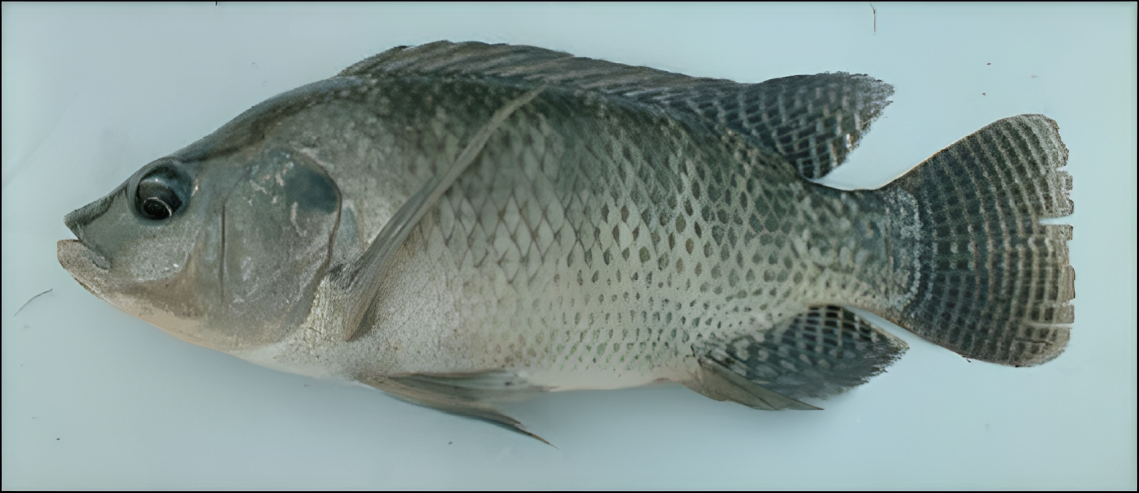Free Courses Sale ends Soon, Get It Now


Free Courses Sale ends Soon, Get It Now



Copyright infringement not intended
Picture Courtesy: www.researchgate.net
Context: The discovery of Tilapia parvovirus (TiPV) in farm-bred tilapia in Ranipet district, Tamil Nadu, negatively affected the aquaculture industry in the State.
Tilapia Parvovirus (TiPV)
About
Characteristics of TiPV
Transmission of TiPV
Symptoms and Impact on Tilapia Population
Preventive Measures
Conclusion
Must Read Articles:
FISHERIES SECTOR IN INDIA: https://www.iasgyan.in/daily-current-affairs/fisheries-sector-in-india-23
|
PRACTICE QUESTION Q. What are the key challenges faced by the fisheries sector in India, and what strategies can be implemented to promote sustainable fishing practices and ensure the livelihoods of millions of people dependent on this industry? |
© 2024 iasgyan. All right reserved